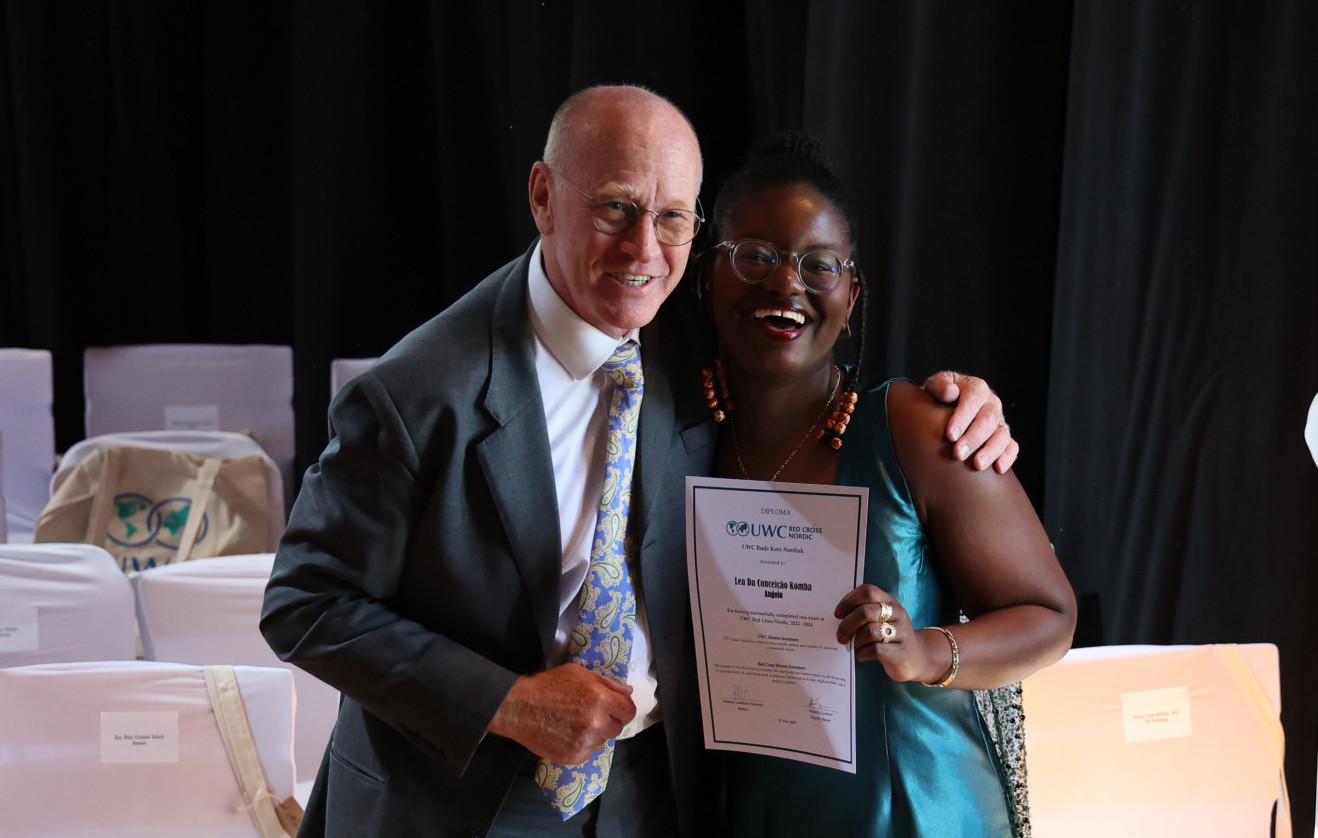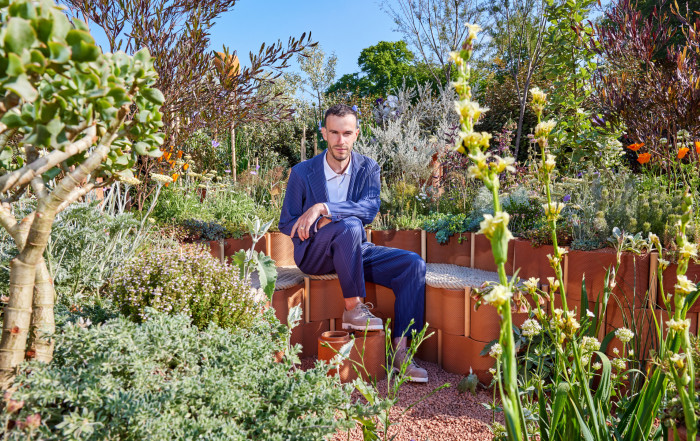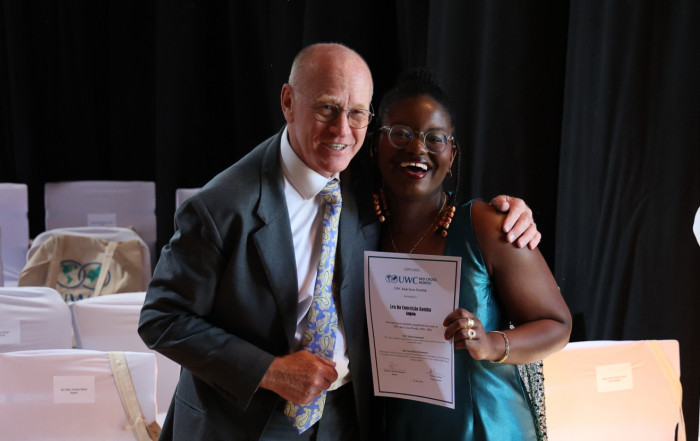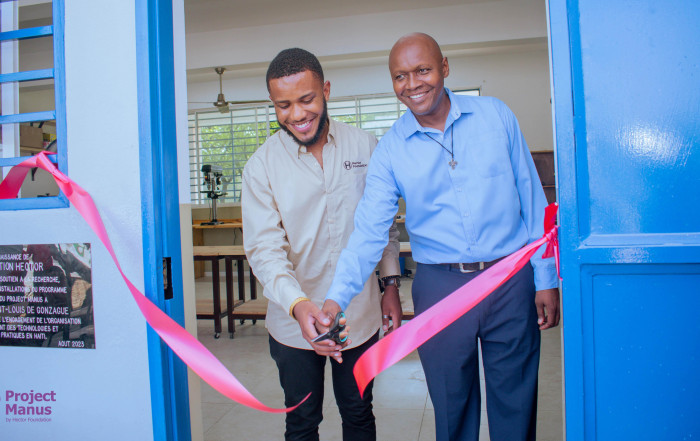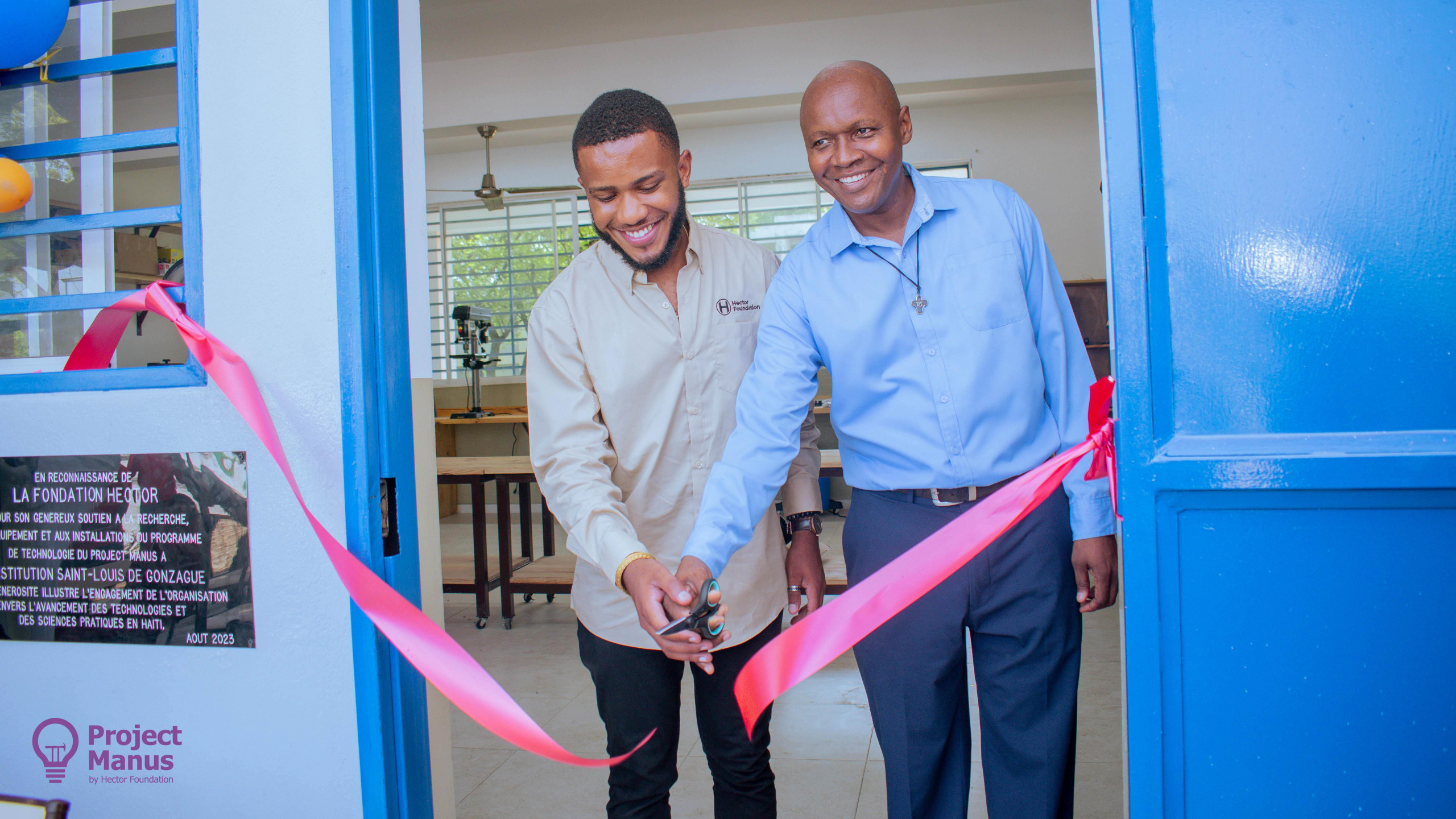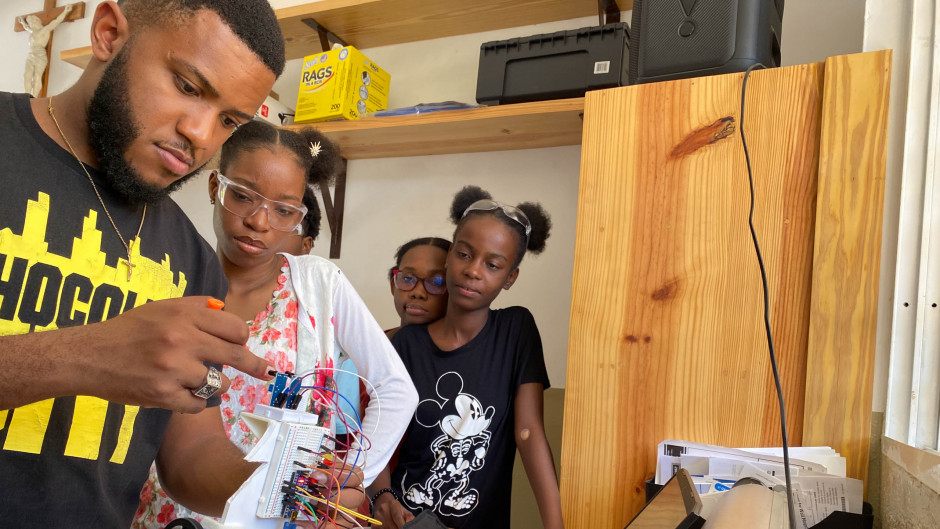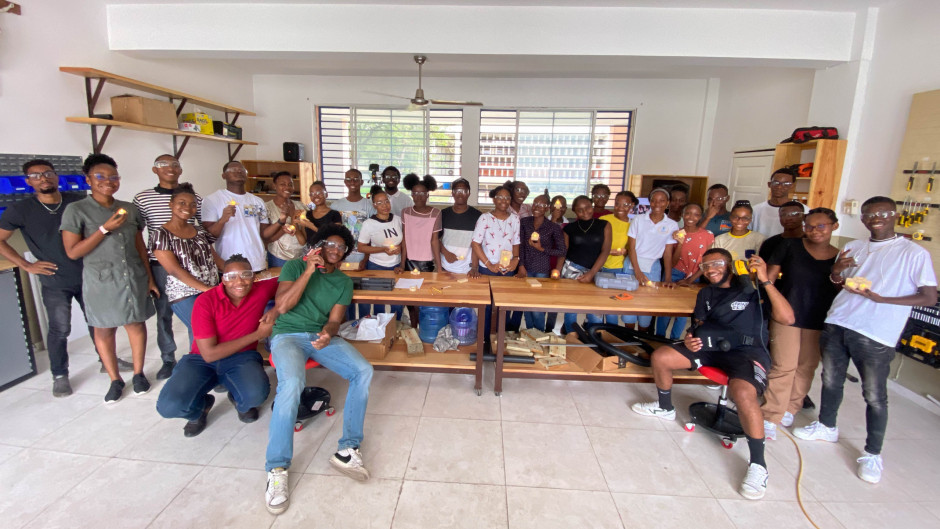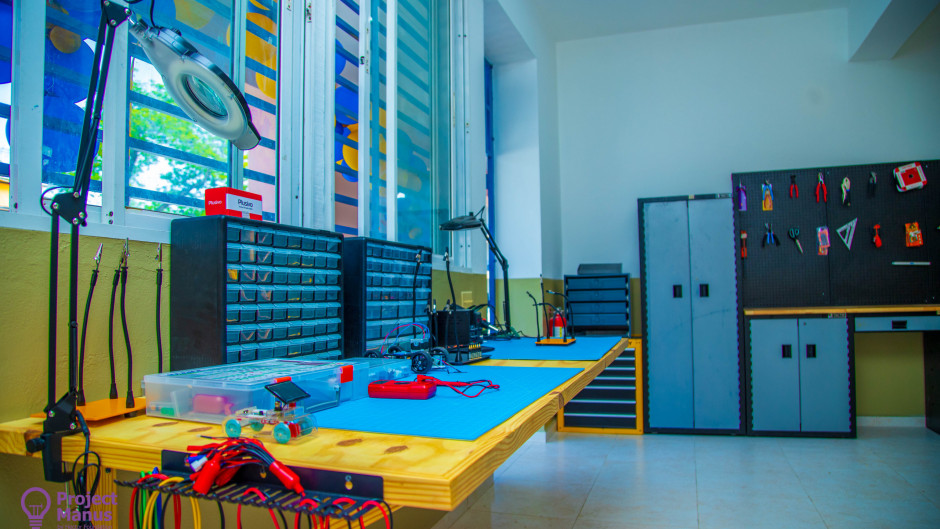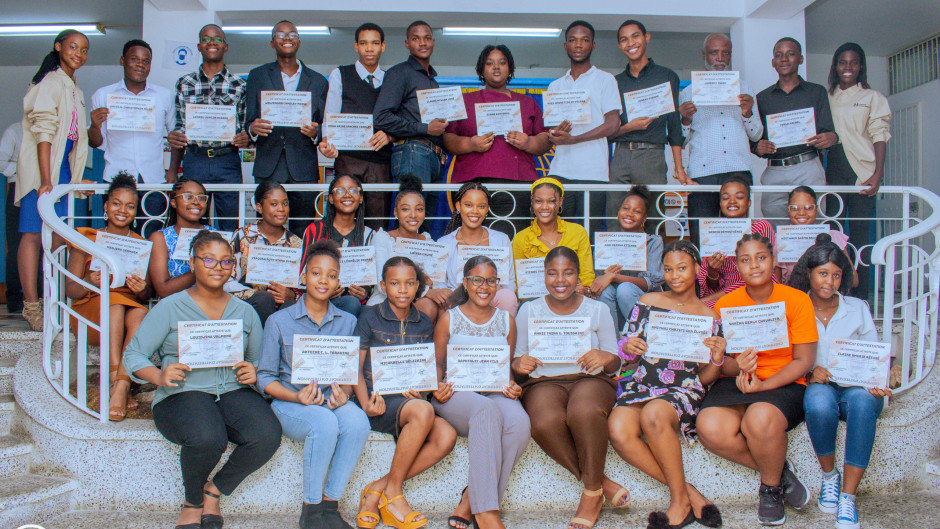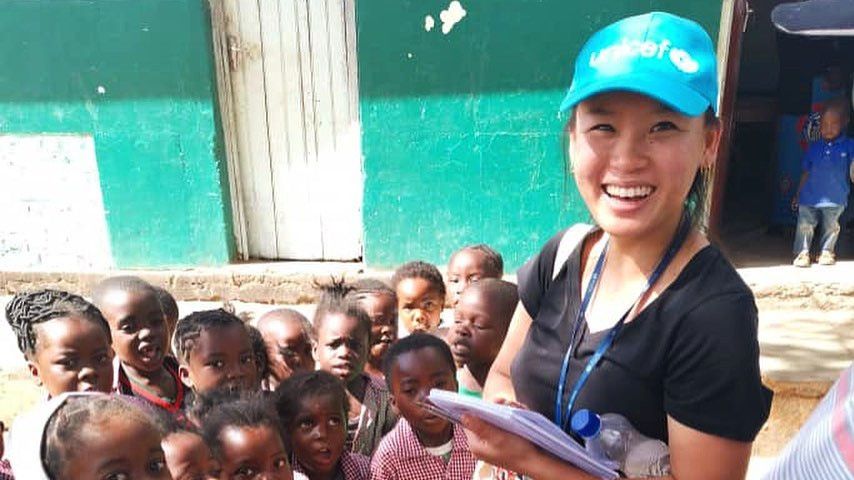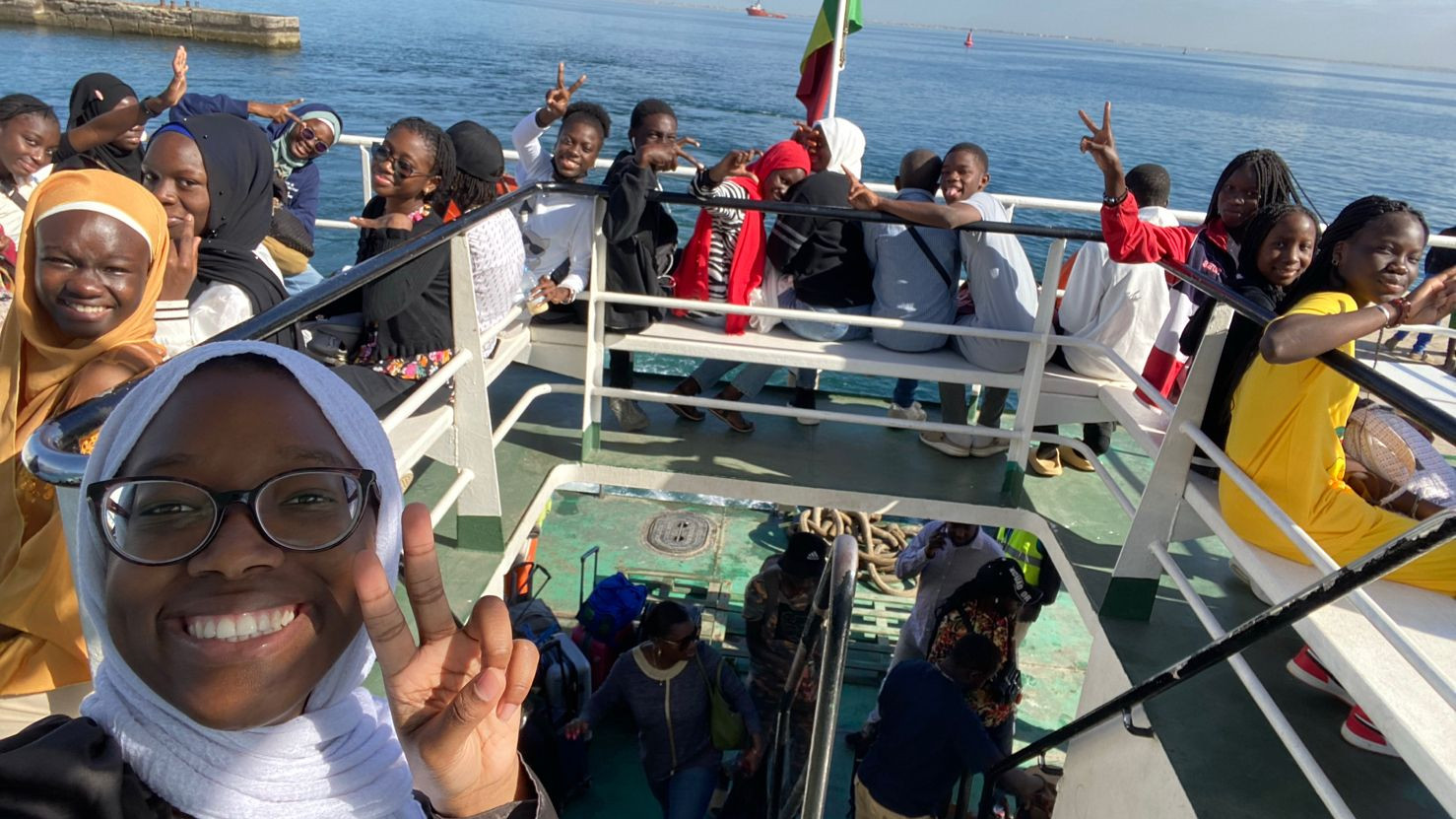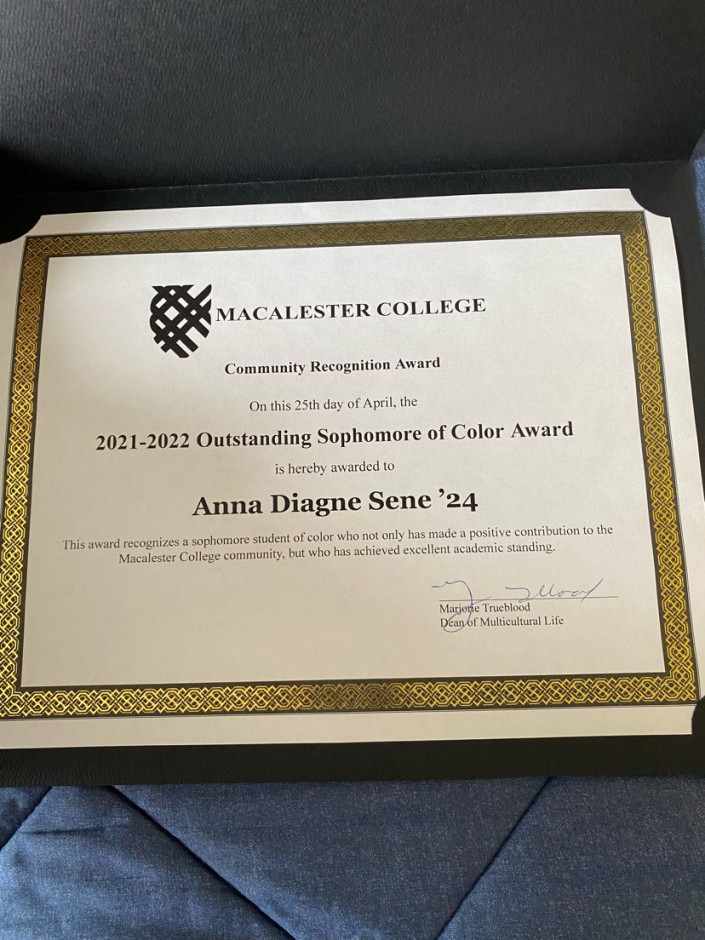Lea Komba RCN’24
Lea Komba is an RCN alumna of the class of 2024 from Angola. During her time at RCN, Lea was a very passionate changemaker; she loved public speaking and politics, as her co-years and teachers would say. In addition to being one of the Speakers at the TEDX uwcrcn in 2023, as part of the LEAF EAC at RCN, she developed the LEAF education project. This digital platform aims to spread environmental education for low-income communities worldwide, which is now under the responsibility of her first years.
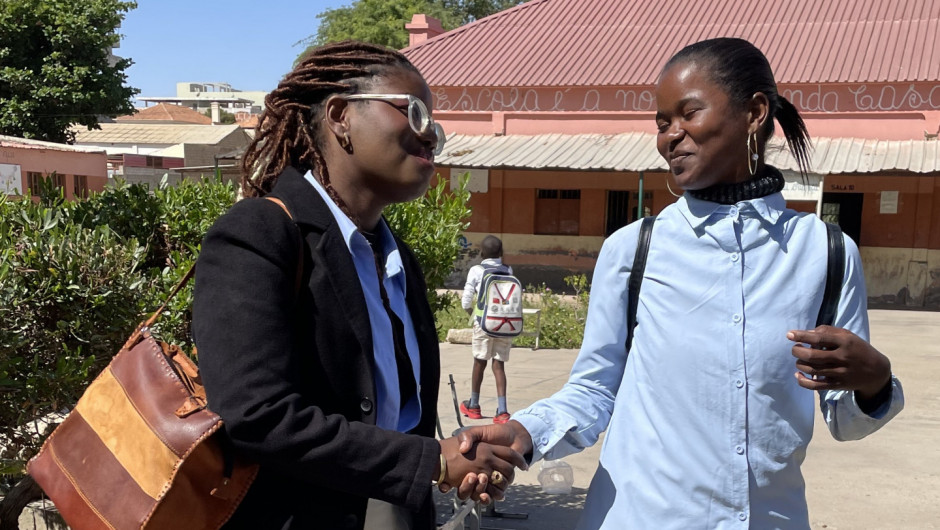
“RCN was, as Daniel Toa-Kwapong taught me, “my miracle.” At RCN, I had free space to develop my passions and to believe in myself and my big dreams. I learned more about responsible leadership and kind leadership and developed different ways of seeing the same thing, which I think is essential.” Currently preparing for her first year at St Olaf College In Minnesota (USA), Lea plans to continue taking the RCN mission wherever she goes and dreams of building a better future for her country.
Usually, Lea enjoys her summer by taking different opportunities to teach her new skills or help her apply the skills she has learned at RCN. Last summer, Lea was selected to be part of the Yale Young Global Scholars program; however, this summer, she decided to return home and start working on her dream of building a more democratic and equal Angola. Just 3 months before her graduation, Lea started idealizing and planning to organize a literature festival in the Namibe province (south of Angola), Festival Akwenge. Lea applied for funding from the Goethe Institut in Angola and organized this 2-day (7-8 June) festival for about 4 thousand children and teenagers from 7 schools in Namibe. Lea tells us, “The Idea of Akwendge was to make books and reading more accessible. Angola is a very unequal country, and all the opportunities are very centralized in the Capital (Luanda). So this project’s idea was to decentralize and democratize access to books. So my amazing team of volunteers and partners of the project and I decided to organize the events (storytelling sessions, debates, street libraries, etc.) to a non-capital city of the country and to the peripheric neighbors of that city too.”
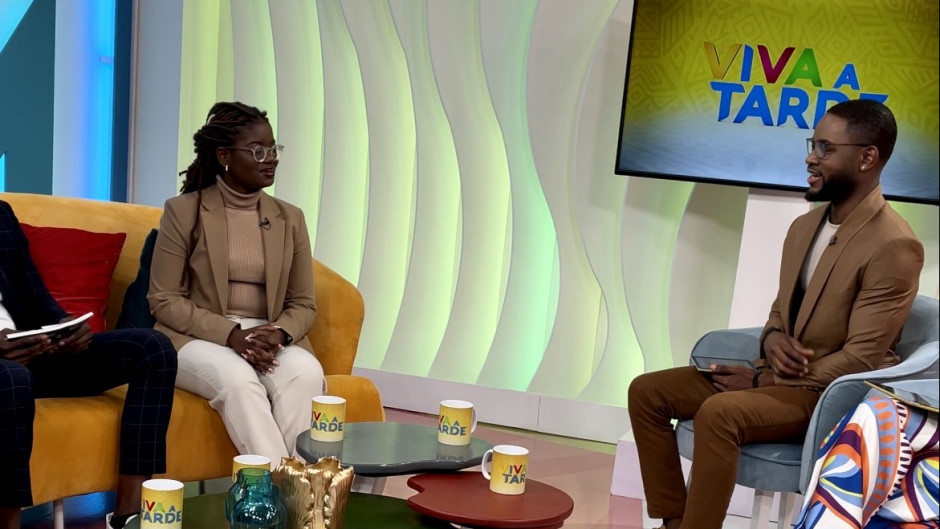
This is the first time an event of this magnitude and concept is being done in Angola. Lea was invited to talk about it on radio broadcasts and TV shows in the capital (Luanda) and Namibe. Now that Festival Akwendge is done, she hopes to be able to receive more funding in the future to organize it again in other cities.
In People of UWCRCN you find stories of alumni or other members of our community. Here are the laterst.
Giulio Giorgi, RCN ’03
Giulio Giorgi, a proud and talented alumnus of the United World Colleges Red Cross Nordic (UWC RCN), embraced the spirit of global citizenship and community service that defines [...]
Lea Komba RCN’24
Lea Komba is an RCN alumna of the class of 2024 from Angola. During her time at RCN, Lea was a very passionate changemaker; she loved public speaking and [...]
Wilhem Hector RCN’21
Meet Wilhem Hector, originally from Haiti, who embarked on a journey to UWC Red Cross Nordic. With little prior knowledge of Norway, he undertook a leap of faith, [...]

